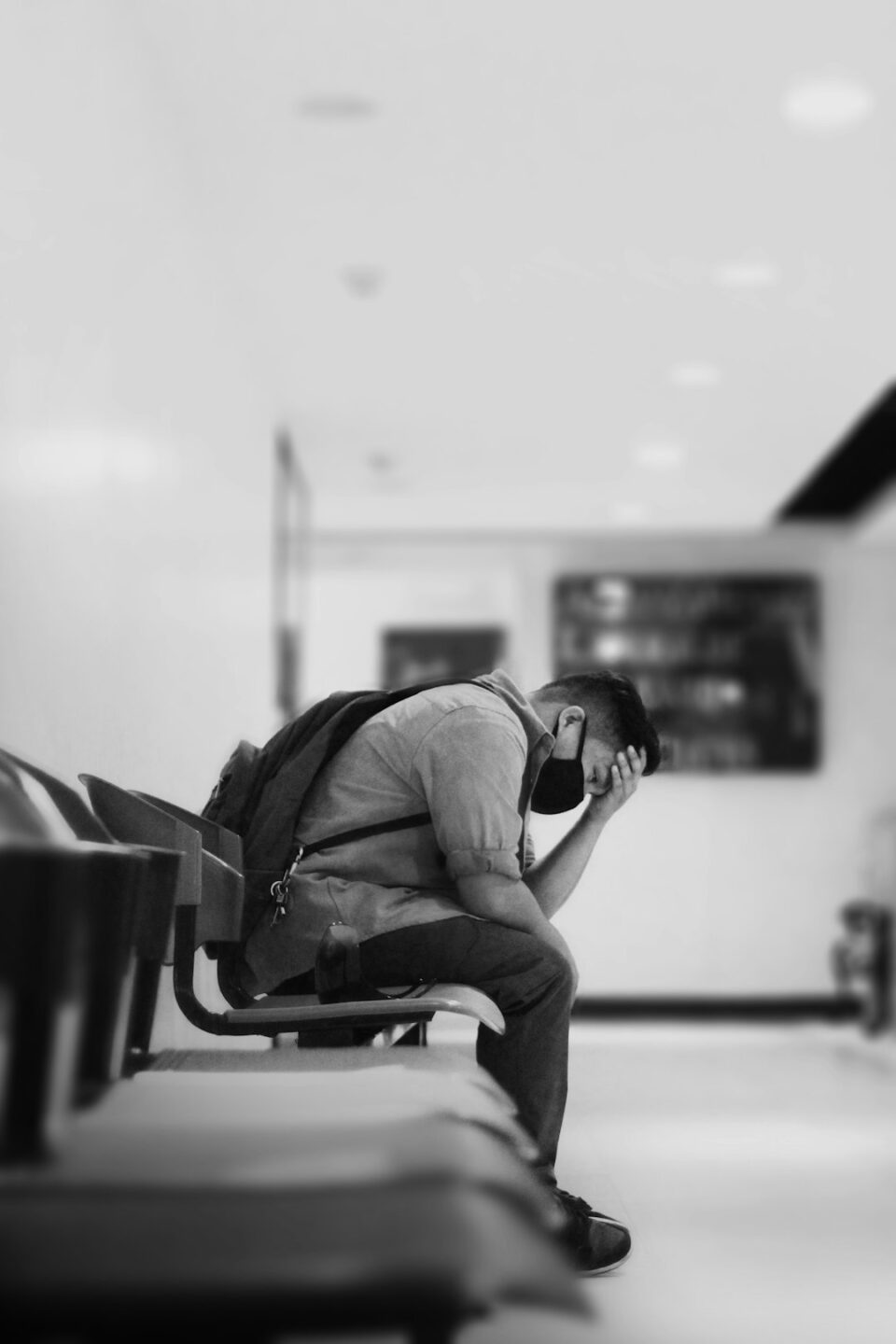The Impact of Social Isolation on Mental Health and Wellness
In today’s fast-paced digital world, many people find themselves more connected than ever through social media and online platforms. However, despite this seemingly constant connection, rates of social isolation are on the rise. Social isolation occurs when individuals lack meaningful social connections with others, leading to feelings of loneliness and a lack of support. This isolation can have a significant impact on mental health and overall wellness.
The COVID-19 pandemic has only exacerbated issues related to social isolation, with lockdowns and social distancing measures causing many people to feel more isolated than ever before. The effects of social isolation on mental health can be profound, leading to a range of issues including depression, anxiety, and even suicidal thoughts.
One of the key ways in which social isolation impacts mental health is through the feeling of loneliness. Loneliness is not just a fleeting emotion, but a chronic condition that can have serious negative effects on both mental and physical health. Studies have shown that chronic loneliness is associated with a higher risk of developing mental health disorders such as depression and anxiety. In fact, research has found that social isolation is a significant risk factor for developing major depressive disorder.
Loneliness can also impact one’s physical health, with studies linking it to a weakened immune system, high blood pressure, and increased inflammation in the body. Furthermore, individuals who are socially isolated are more likely to engage in unhealthy behaviors such as smoking, drinking, and overeating, further compounding the negative effects on their overall wellness.
In addition to the impact on mental health, social isolation can also lead to a lack of access to support and resources. When individuals are socially isolated, they may not have the support of friends or family members to help them through difficult times. This lack of support can make it more challenging to cope with stress, leading to increased feelings of anxiety and depression.
Furthermore, social isolation can also limit one’s access to professional resources and mental health services. Individuals who are socially isolated may be less likely to seek help for mental health issues due to stigma or a lack of awareness about available resources. This can result in delays in receiving necessary treatment, leading to a worsening of symptoms and a reduced quality of life.
The impact of social isolation on mental health extends beyond just the individual, as it can also have broader societal implications. Socially isolated individuals are more likely to experience issues such as homelessness, unemployment, and poverty, all of which can further exacerbate their mental health struggles. In turn, these societal issues can strain resources and services, making it more difficult for individuals to access the help they need.
In order to address the impact of social isolation on mental health and wellness, it is important for individuals to take proactive steps to combat feelings of loneliness and isolation. One key strategy is to work on building and maintaining meaningful social connections with others. This can be done through activities such as joining clubs or organizations, volunteering in the community, or reaching out to friends and family members for support.
It is also important for individuals to prioritize self-care and mental health wellness practices. This includes engaging in activities that promote relaxation and stress reduction, such as meditation, yoga, or exercise. Seeking professional help from a therapist or counselor can also be beneficial for individuals struggling with the effects of social isolation on their mental health.
In addition, it is important for society as a whole to work towards reducing social isolation and increasing access to resources and support for individuals in need. This can be done through policy changes that prioritize mental health services and support programs, as well as by fostering a culture of connection and community within our neighborhoods and workplaces.
By addressing the impact of social isolation on mental health and wellness, we can work towards creating a society where every individual has the support and resources they need to thrive. By prioritizing social connections, self-care practices, and access to mental health services, we can help individuals overcome feelings of loneliness and isolation, leading to improved mental health and overall wellness.
For more information visit:
The Depressing | Mental Health Blog and Forum
https://www.thedepressing.com/
Bradley Rd, Scarsdale, NY 10583,
Welcome to TheDepressing.com, a dedicated platform for understanding and helping contemporary mental health challenges. Our mission is to provide valuable insights, practical strategies, and guidance for individuals navigating the complexities modern life while prioritizing their mental well-being.


